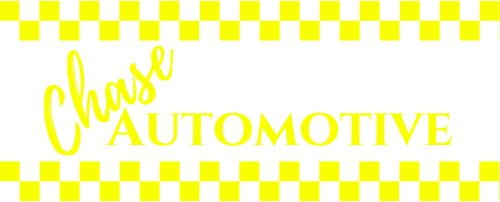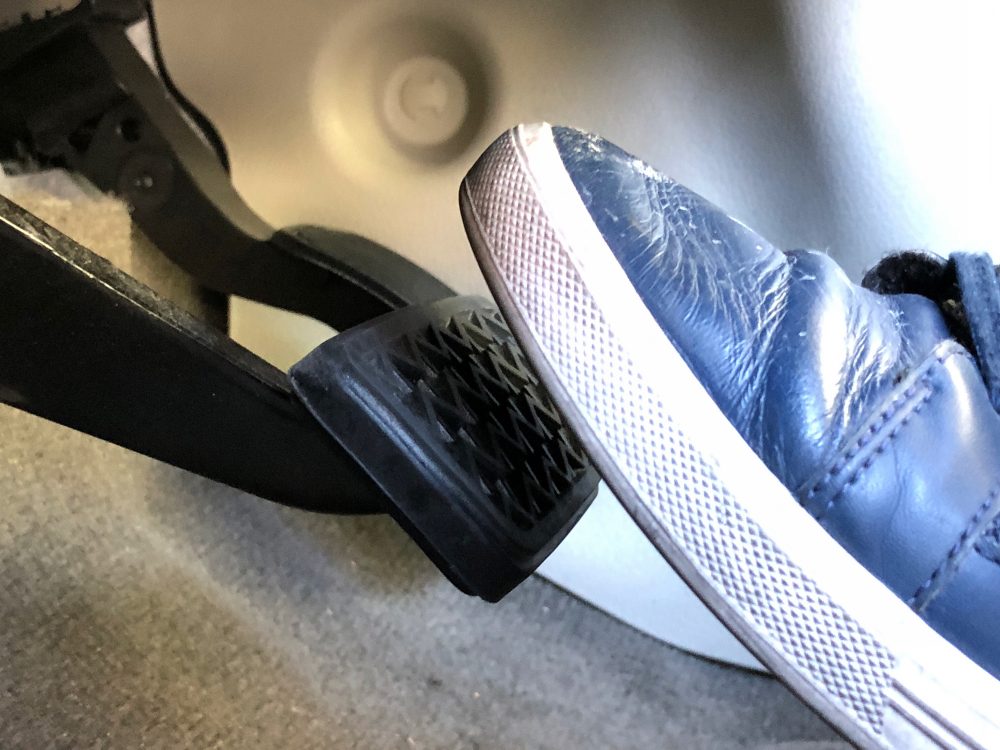Wintertime in Aurora definitely presents its fair share of challenges. While the frigid weather and various forms of precipitation that tend to proliferate along the Front Range at this time of year offer rather obvious challenges to your vehicle, some of the more dangerous threats to road safety are of the unseen variety.
Consider your emergency brake. As you’re parking in cold weather, the emergency brake may be at risk of freezing.
The emergency brake is controlled by a cable from the interior lever to the brake itself. This cable is enclosed in a protective sleeve, but the system isn’t impervious to threats.
As you park for an extended period of time, this cable may freeze in place. When you disengage the lever inside the car, the frozen cable may not be able to release the brake.
If this happens to your vehicle DO NOT drive! Driving while the emergency brake is engaged can cause serious damage to your vehicle’s wheels, tires, brakes and more.
Instead, wait for the temperature to warm up or call our team at 303-344-4670. We’ll help you know what to do next and avoid damage that could come from a frozen emergency brake.
On freezing days and nights, it may be best to avoid using the emergency brake if possible. For automatic vehicles you may choose to not use it at all. If you drive a manual car, park on level ground and leave the vehicle in gear. Park in a warmer, protected area like a garage or covered parking if possible.
On cold mornings, watch for warning signs of a problem with your vehicle. If there’s a change in the way your vehicle drives, loss of control, or difficulty steering the vehicle, pull over right away. Anytime you notice a strange noise, smell, or change, have your vehicle brought in for an inspection.
Our ASE-certified technicians will thoroughly inspect your vehicle to make sure it will keep you safe on the winter roads in Colorado. The scariest winter issues are the ones you may not notice until it is too late. We’ll help you catch these issues and warning signs before they cause damage to your vehicle. To schedule your next appointment, call us at 303-344-4670!

